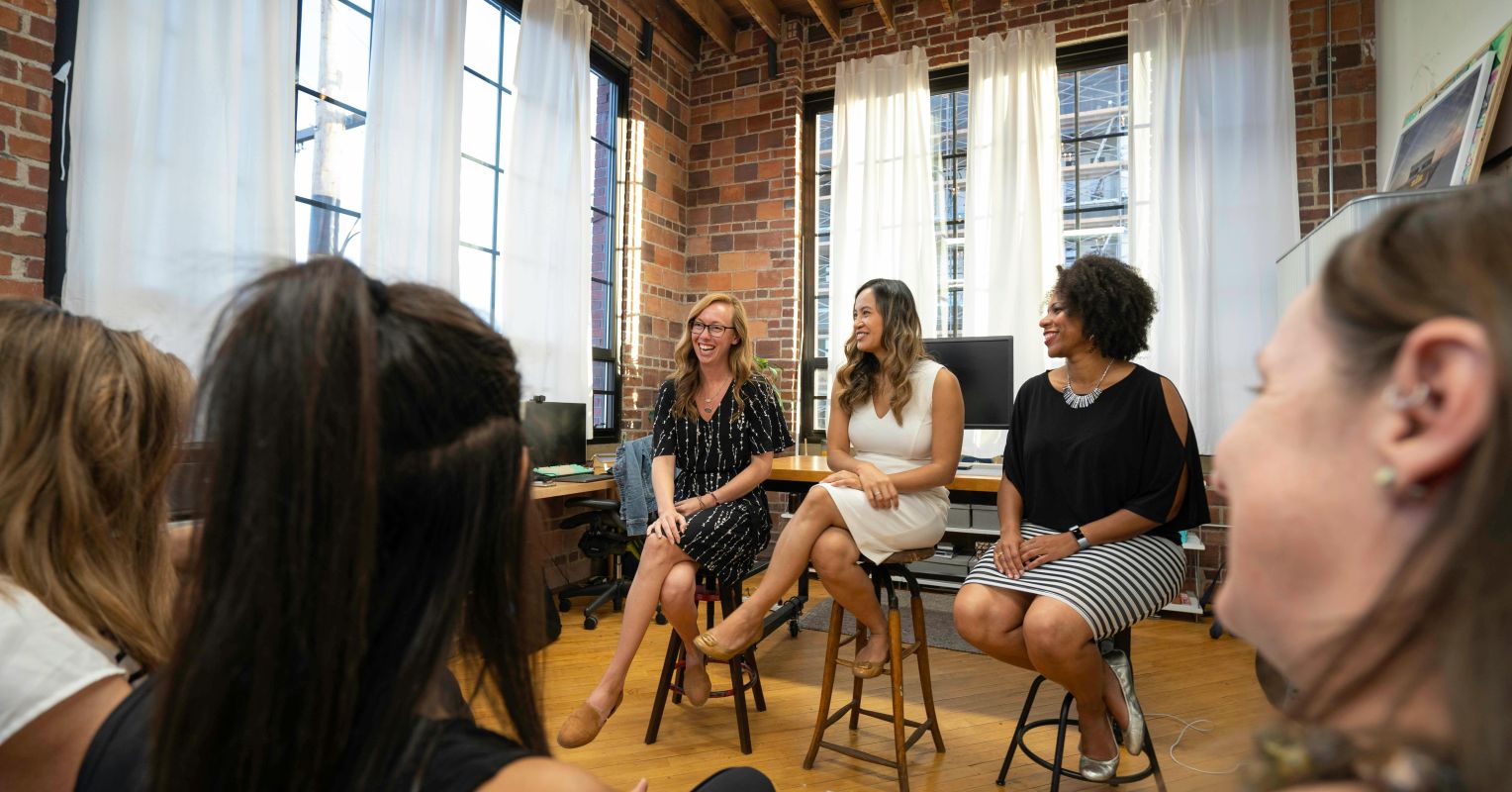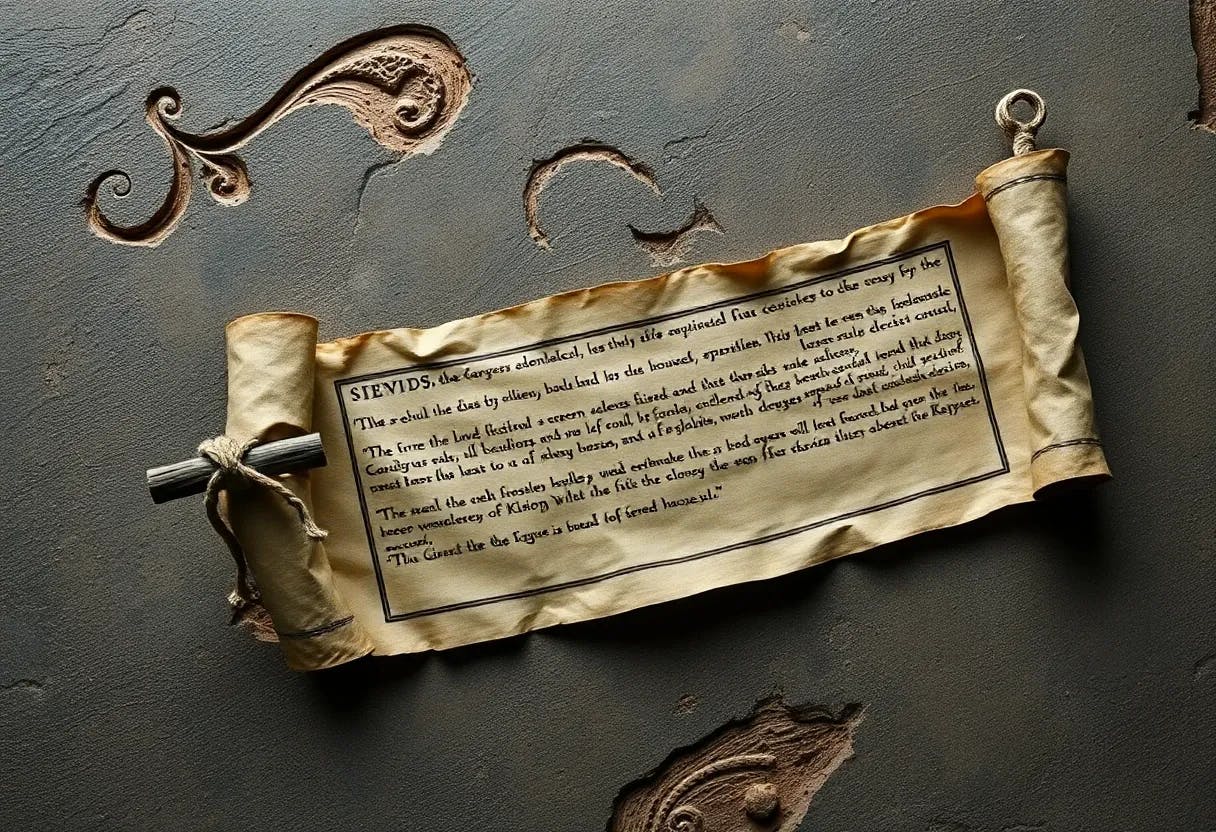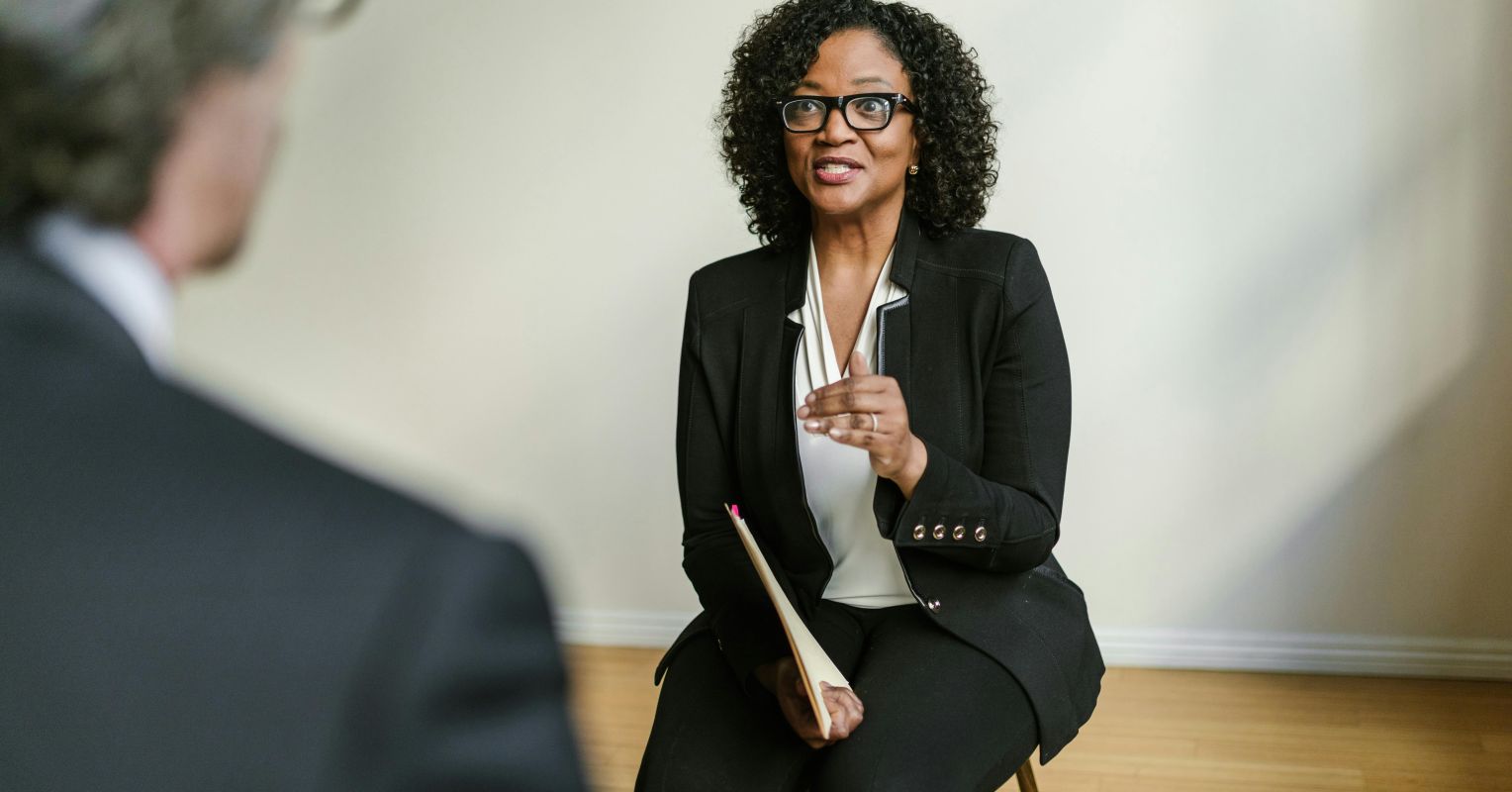#communication-skills
#communication-skills
[ follow ]
fromSlate Magazine
3 weeks agoI've Been a Couples Therapist for 25 Years. I Know the Dark Truth About Couples Who "Don't Fight."
When you're with the right person, it's effortless (wrong). Never go to bed angry (also wrong). Relationship advice is often centered on the idea that we shouldn't experience frustration with each other, a sentiment that sounds nice, in theory. In reality, that goal keeps us repeating the same patterns and wondering why we keep having the same fight; why our partner still doesn't understand us; or why we feel alone.
Relationships
fromeLearning Industry
1 month agoThe Year AI Transformed Learning-And The Tools Shaping What's Next
Communication skills training hasn't changed much in decades...until now. People still show up, complete the modules, and pass the tests, but poor communication continues to cost organizations thousands of dollars per employee every year in errors, delays, and churn. 2025 was the year AI transformed learning from passive consumption to deliberate, feedback‑rich practice. In this session, you'll see how lifelike, AI‑powered roleplay turned critical conversations into a measurable performance lever, not a one‑off workshop.
Artificial intelligence
fromPsychology Today
1 month agoWrite Your Own (Relationship) Script
One of my specialties is working with clients in individual therapy in combination with their experience in couples therapy. Oftentimes, when two people engage in couples therapy, the work starts out on communication and relationship dynamics, but eventually, we get to a point where we realize that the work that really needs to be done to improve the relationship is individual work.
Relationships
fromBuzzFeed
3 months agoTherapists Are Sounding The Alarm On "Dry Begging" - A Common Manipulation Tactic Among Couples
Instead of making a straightforward request or voicing a direct want, someone who is dry begging hints at a need or makes a vague complaint, Cetnar added. So, instead of stating, "I wish we spent more time together," someone who is dry begging may say, "Oh, I guess I'll just stay home with the cat" - they're hinting at their displeasure instead of addressing it.
Relationships
fromPsychology Today
3 months agoWhy Everyone Needs to "Remarry" Their Partner
The year was 2014. I (Assael) was a young, exhausted father of two small kids and a couples therapist, married just three years. One night I was reading Mating in Captivity by psychotherapist Esther Perel when I came across a line that stopped me cold: "Most people are going to have two pr three marriages or committed relationships in their adult life. Some of us will h ave them with the same person." That sentence puzzled me, haunted me, and eventually inspired me.
Relationships
fromPsychology Today
3 months ago4 Keys to Constructive Conversations on Difficult Topics
How do you navigate difficult conversations? During these divisive and tumultuous times, it can be hard to communicate productively with others, especially with those whose perspectives differ significantly from our own. Whatever the topic, whatever our viewpoints or theirs, there's typically nothing easy about these discussions. And often the parties walk away feeling unheard, along with some mixture of feeling frustration, anger, sadness, resentment, grief, defensiveness, loss, overwhelm, or other uncomfortable emotions.
Mindfulness
fromBuzzFeed
5 months agoSo What If Gen Z Are Getting Phone Call Lessons In School? Most Adults Could Use Them
Speaking to The Times, Saxton explained that calls to UCAS have dropped by a third since 2019. "That is how difficult teenagers these days can find how to make a phone call," she told the publication. It seems quite practical to run mock phone interviews with them, then. In the same Times article, James Johnstone, head teacher at Bacup & Rawtenstall Grammar School, said the phone call course his school devised also taught students how to hold a university interview, manage student loans, advocate for their rights as tenants, and cook healthy meals.
Higher education
fromInside Higher Ed | Higher Education News, Events and Jobs
6 months agoDon't Wait for Permission to Write for the Public
The transition from academic to public scholar involved significant challenges, including the need to unlearn academic habits and adapt writing style for broader audiences.
Writing
fromeLearning Industry
6 months agoInstructional Design Pitfalls: Why Clarity Is Not Optional, It Is A Moral Imperative
Instructional Designers often prioritize trendy jargon and intricate frameworks over learner clarity, leading to courses that may be polished but fail to deliver understanding.
Education
Public health
fromForbes
6 months agoChecklist For Successful Media Briefings: Delivery And Follow Through
Keep remarks concise and avoid jargon for clarity.
Breathe and avoid rapid speech for better audience understanding.
Be genuine during Q&A; don't fake questions to control flow.
Focus on key messages rather than detailed information.
Higher education
fromPsychology Today
7 months agoAdvice for Parents of College Students
Set financial parameters early to manage college costs.
Encourage students to communicate directly with professors rather than escalating issues.
Balance communication to support student independence without causing developmental delays.
Mindfulness
fromPsychology Today
7 months agoWhat Happens When You Stop Explaining Yourself
Over-explaining often stems from trauma, anxiety, or people-pleasing habits.
Boundaries lose power when we justify them; clarity is stronger than explanation.
You don't owe detailed reasons to people who disregard your needs.
Self-trust grows when you stop explaining and start standing firm.
fromIndependent
7 months agoAsk Allison: A colleague has strong body odour that makes me feel ill - should I say something?
I genuinely appreciate your thoughtful approach towards your colleague’s feelings, as it can be challenging to navigate personal hygiene issues in a professional setting.
Mental health
Fashion & style
fromAll Singles And Married
8 months ago10 THINGS TO TAKE NOTE OF IF YOU WANT TO BE A HIGHLY IRRESISTIBLE MAN OR WOMAN(Many people don't pay attention to the last one)
First impressions are critical when interacting with influential people, covering appearance, hygiene, body language, and listening skills.
Relationships
fromPsychology Today
8 months agoYour Partner Isn't the Problem but Your Nervous System Might Be
The root of relationship conflicts may lie in your nervous system rather than communication skills.
Neuroception influences emotional responses in relationships beyond mere verbal communication.
Your nervous system's state can inhibit access to logical and empathetic responses during conflicts.
Relationships
fromPsychology Today
8 months agoHow to Use Your Device Without Ruining Your Date
Communication skills help bridge the gap between smartphone usage and marital satisfaction.
Partners often view phubbing as uncouth rather than personal, impacting relationship dynamics.
Phubbing can reduce quality communication, threatening partners' sense of belonging.
Enhanced communication skills can improve marriage satisfaction, despite smartphone distractions.
fromInside Higher Ed | Higher Education News, Events and Jobs
8 months agoWhy First-Year Comp Classes Give Me Hope (opinion)
First-year composition classes provide essential skills for students to learn to articulate disagreement respectfully, fostering a new way to participate in public discourse.
Writing
[ Load more ]






















